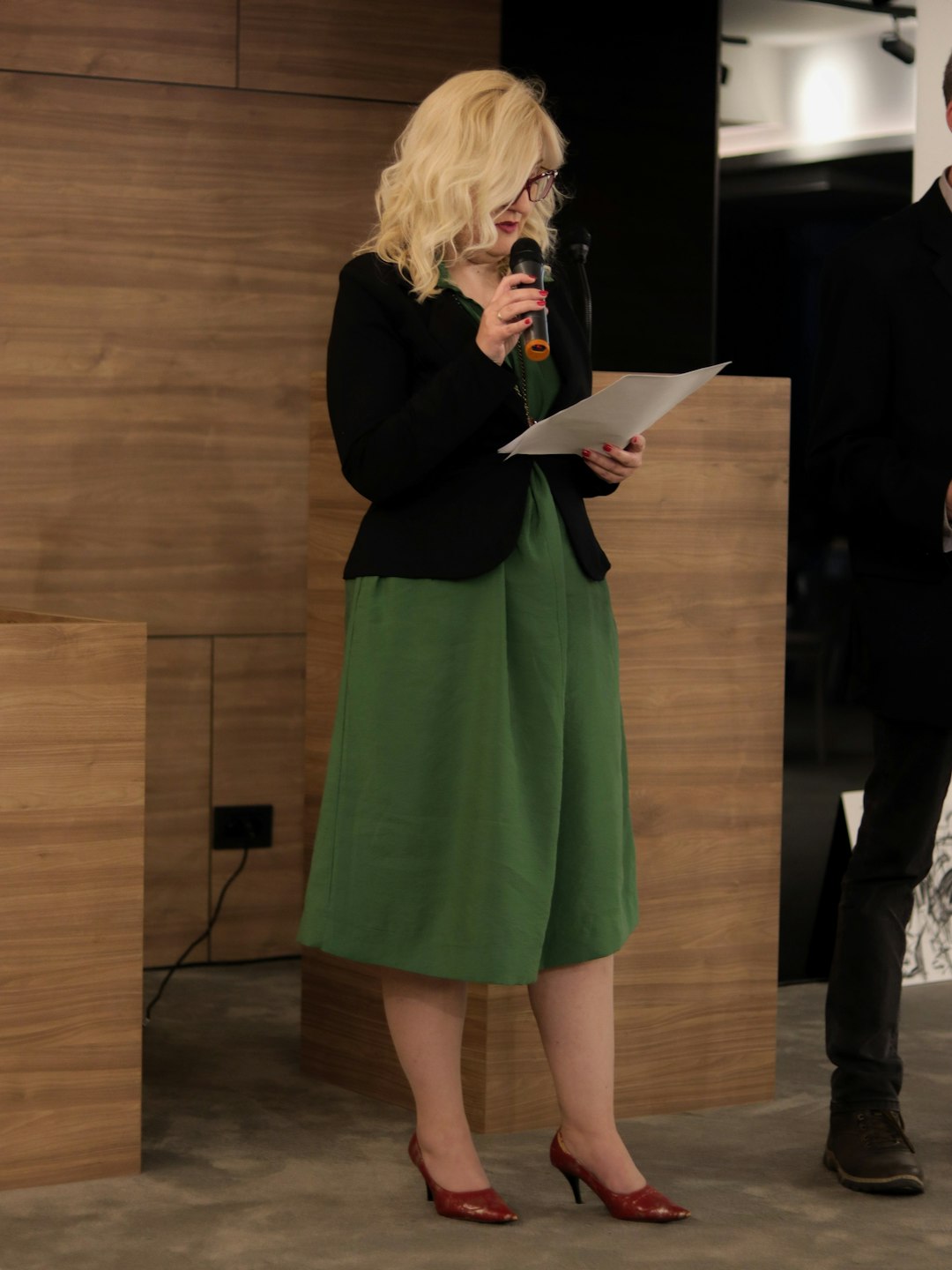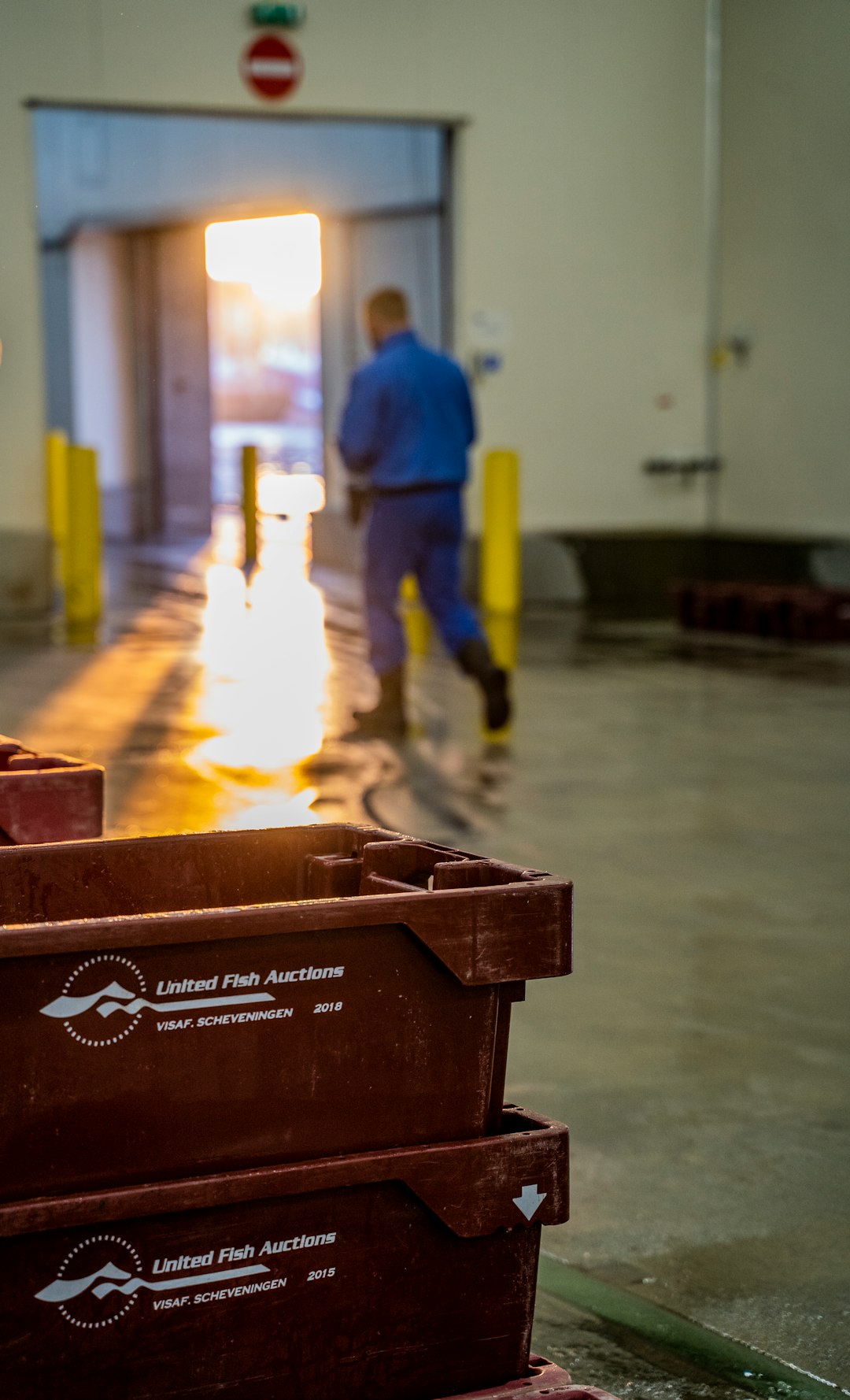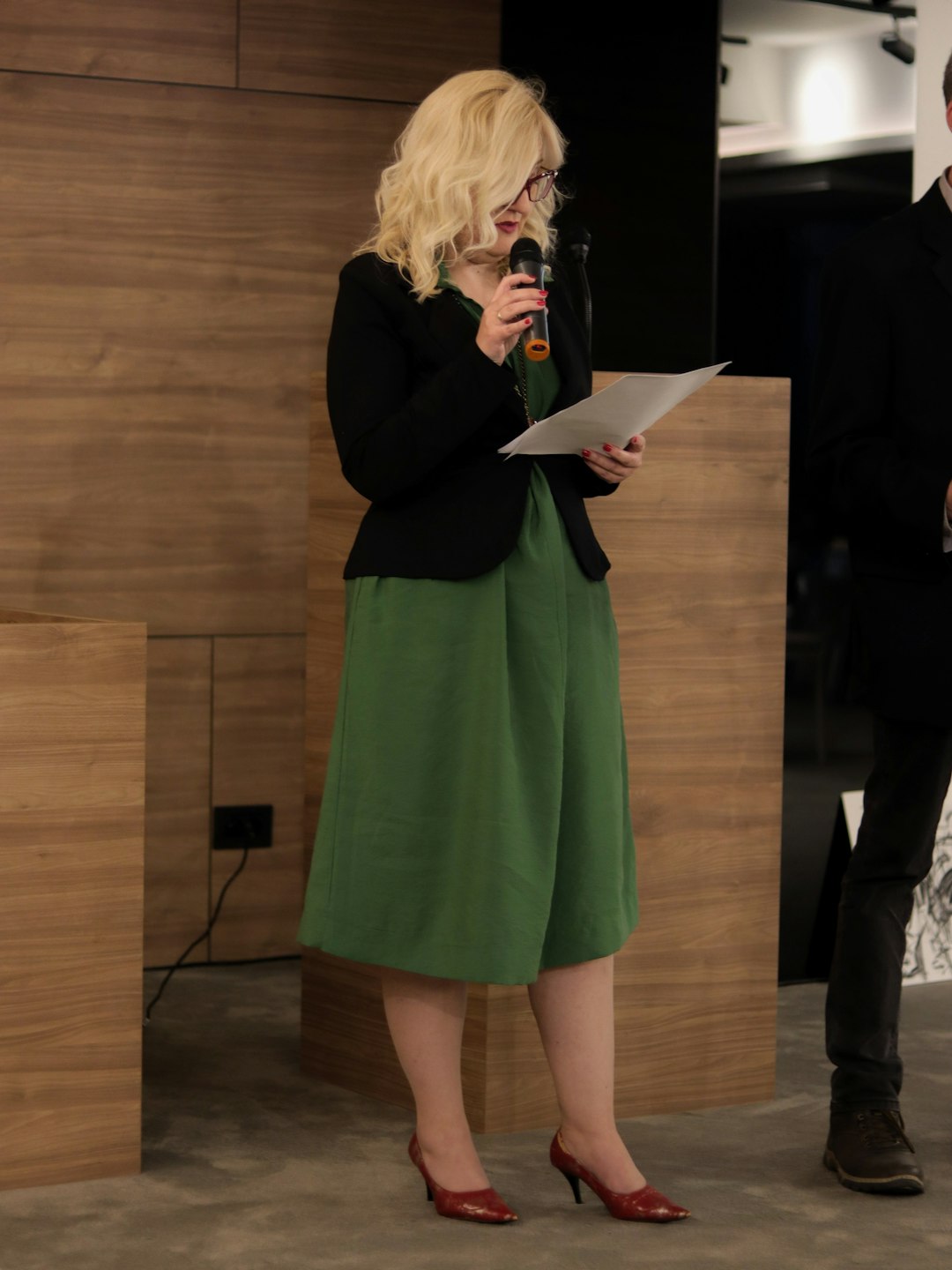In Worcestershire, probate requires precise property and asset valuations to calculate inheritance tax (IHT) and ensure legal compliance. Professional appraisers follow HMRC guidelines and industry standards set by the Royal Institution of Chartered Surveyors (RICS) to provide accurate assessments. These valuations are crucial for equitable asset distribution, preventing legal issues, and fostering peace of mind during an emotionally charged period. Timely planning, expert advice, and portfolio reviews are essential for compliance and informed decision-making in Worcestershire probate.
In Worcestershire, understanding valuations for tax purposes is crucial for efficient estate planning. This article delves into the intricate world of probate valuations, a critical component in ensuring fairness during inheritance distribution. We explore the process behind conducting property valuations for probate, legal considerations guiding accuracy, and strategies to maximize inheritance through fair valuation practices. By adhering to these guidelines, individuals can navigate Worcestershire’s tax landscape with confidence.
- Understanding Valuations for Tax Purposes in Worcestershire
- The Role of Probate Valuation in Estate Planning
- Process of Conducting a Property Valuation for Probate
- Legal Considerations and Guidelines for Valuation Accuracy
- Maximizing Inheritance: Strategies to Ensure Fair Valuation
Understanding Valuations for Tax Purposes in Worcestershire

In Worcestershire, understanding valuations for tax purposes is crucial for anyone navigating the complex landscape of probate. When a property or asset is passed on to heirs after someone’s death, accurate valuation becomes essential for calculating inheritance tax (IHT). This process involves a detailed assessment of the estate’s value, including real estate, personal belongings, and financial assets. Professionals in Worcestershire are well-versed in providing these valuations, ensuring compliance with HM Revenue & Customs (HMRC) guidelines.
Worcestershire Valuations for Probate require meticulous attention to detail and an in-depth knowledge of the local market. Property appraisers consider various factors such as location, condition, size, and comparable sales to determine a fair market value. For personal belongings and collections, professional valuer services can provide an unbiased estimate, ensuring fairness during the probate process. This transparency is vital not only for legal accuracy but also for maintaining positive relationships among family members involved in estate settlement.
The Role of Probate Valuation in Estate Planning

In the context of estate planning, Worcestershire valuations for probate play a crucial role in ensuring fairness and accuracy when distributing assets. Probate valuation is a critical process that involves assessing and appraising the value of an individual’s estate at the time of their death. This is essential for several reasons. Firstly, it helps to determine the appropriate inheritance tax (IHT) liability, as the value of the estate directly impacts the tax rate applicable. Accurate Worcestershire valuations for probate ensure that the correct amount of tax is paid, avoiding potential legal issues and penalties.
Secondly, a thorough probate valuation provides clarity during what can be an emotionally charged and complex period for families. It allows for a transparent distribution of assets, ensuring each beneficiary receives their fair share as per the deceased’s wishes. This process is vital in maintaining peace of mind among family members and friends who are left behind, knowing that the estate has been managed impartially.
Process of Conducting a Property Valuation for Probate

When it comes to Worcestershire valuations for probate, the process involves a detailed and thorough assessment of a property’s value at the time of death. This is a crucial step in settling an estate as it determines the tax liability and distribution of assets. The first stage is to gather all relevant information about the property, including its size, age, condition, and any recent sales or appraisals. Professional evaluators will carefully inspect the property, taking into account unique features, local market trends, and comparable properties in the area.
They will then employ various valuation methods such as income approach, cost approach, and market approach to arrive at an accurate estimate. In Worcestershire, probate valuations must adhere to strict guidelines and regulations to ensure fairness and consistency. This includes considering any encumbrances or outstanding loans on the property, as well as potential costs associated with selling it in a timely manner. The final valuation report provides a clear picture of the property’s value, which is essential for legal and tax procedures related to probate.
Legal Considerations and Guidelines for Valuation Accuracy

When conducting valuations for tax purposes, especially in Worcestershire, it’s crucial to navigate a landscape governed by legal considerations and strict guidelines designed to ensure accuracy. Professional appraisers must adhere to industry standards and best practices, such as those set forth by the Royal Institution of Chartered Surveyors (RICS). These guidelines encompass a comprehensive understanding of market trends, comparable properties, and specific local factors that can influence property values in Worcestershire for probate purposes.
In Worcestershire, valuations for probate are not just about assigning a monetary figure to a property; they require an in-depth analysis of the unique attributes and circumstances surrounding each asset. This includes considering legal documents, inheritance tax regulations, and any specific restrictions or conditions associated with the property. Engaging experienced professionals who are well-versed in these nuances is paramount to ensure compliance with legal obligations and maintain the accuracy of valuations.
Maximizing Inheritance: Strategies to Ensure Fair Valuation

When planning for the future, especially regarding inheritance and tax purposes, ensuring a fair valuation is paramount. In Worcestershire, as with many areas, probate valuations play a crucial role in determining estate taxes. Maximizing inheritance means employing strategies that safeguard assets and minimize potential tax liabilities. One effective approach is to diversify investments; this can involve spreading holdings across various asset classes like property, shares, and bonds. By diversifying, individuals can manage risk and potentially reduce the overall value of their estate, thereby lowering tax obligations.
Additionally, timely planning and professional advice are essential. Engaging the services of a qualified Worcestershire valuations expert can provide accurate and up-to-date assessments, ensuring compliance with legal requirements. Regular reviews of investment portfolios are recommended to make informed decisions about asset allocation. This proactive approach allows for adjustments to be made according to changing circumstances, ensuring the fair valuation of an estate remains intact.
When it comes to navigating the complex landscape of estate planning in Worcestershire, understanding the significance of accurate valuations for tax purposes is paramount. This article has explored various facets of this process, from the foundational knowledge of valuations in the region to practical steps involved in conducting property assessments for probate. By adhering to legal guidelines and employing strategic approaches, individuals can ensure fair evaluations that maximize inheritance potential. Remember, when dealing with Worcestershire valuations for probate, meticulous attention to detail is key to a smooth transition during what can be an emotional time.
